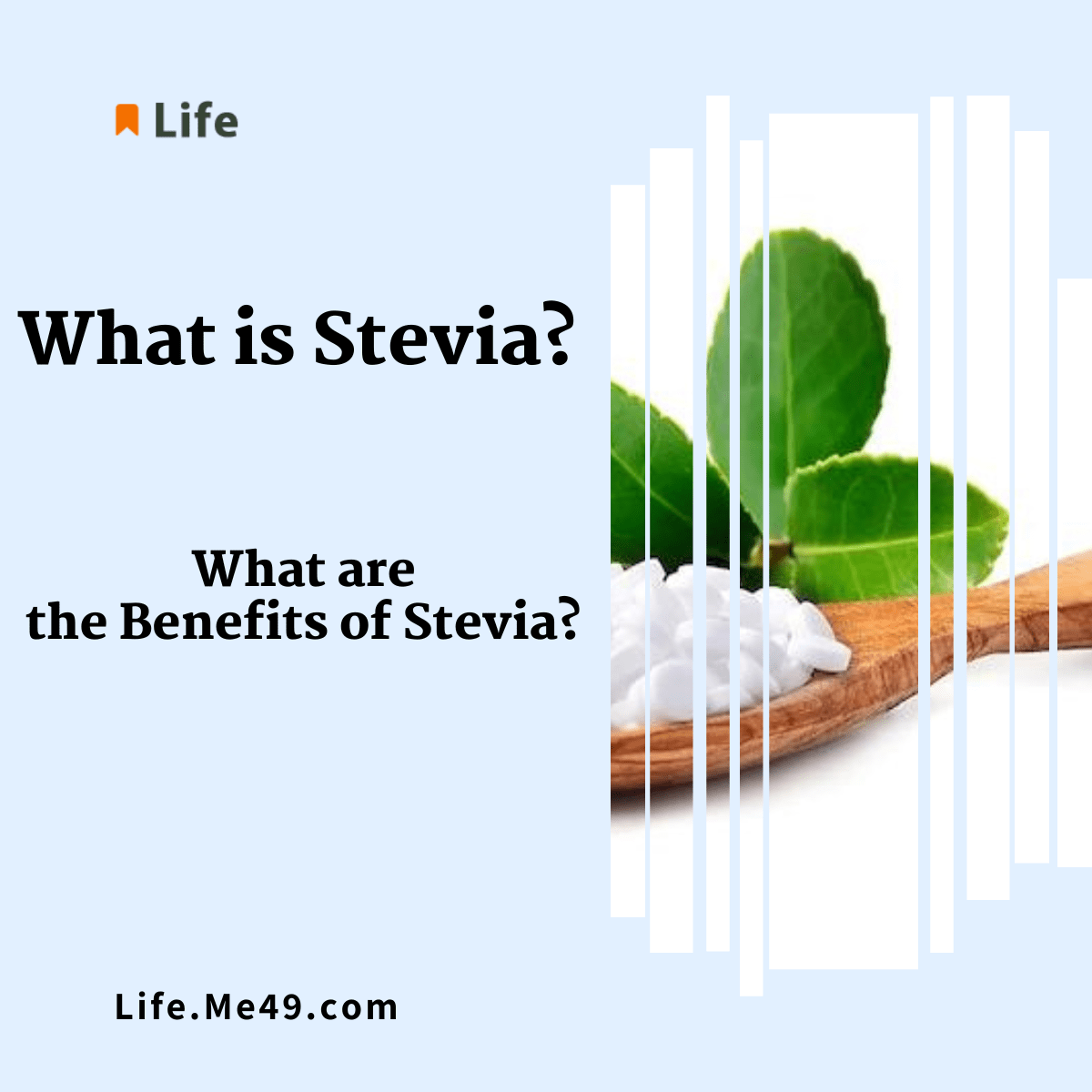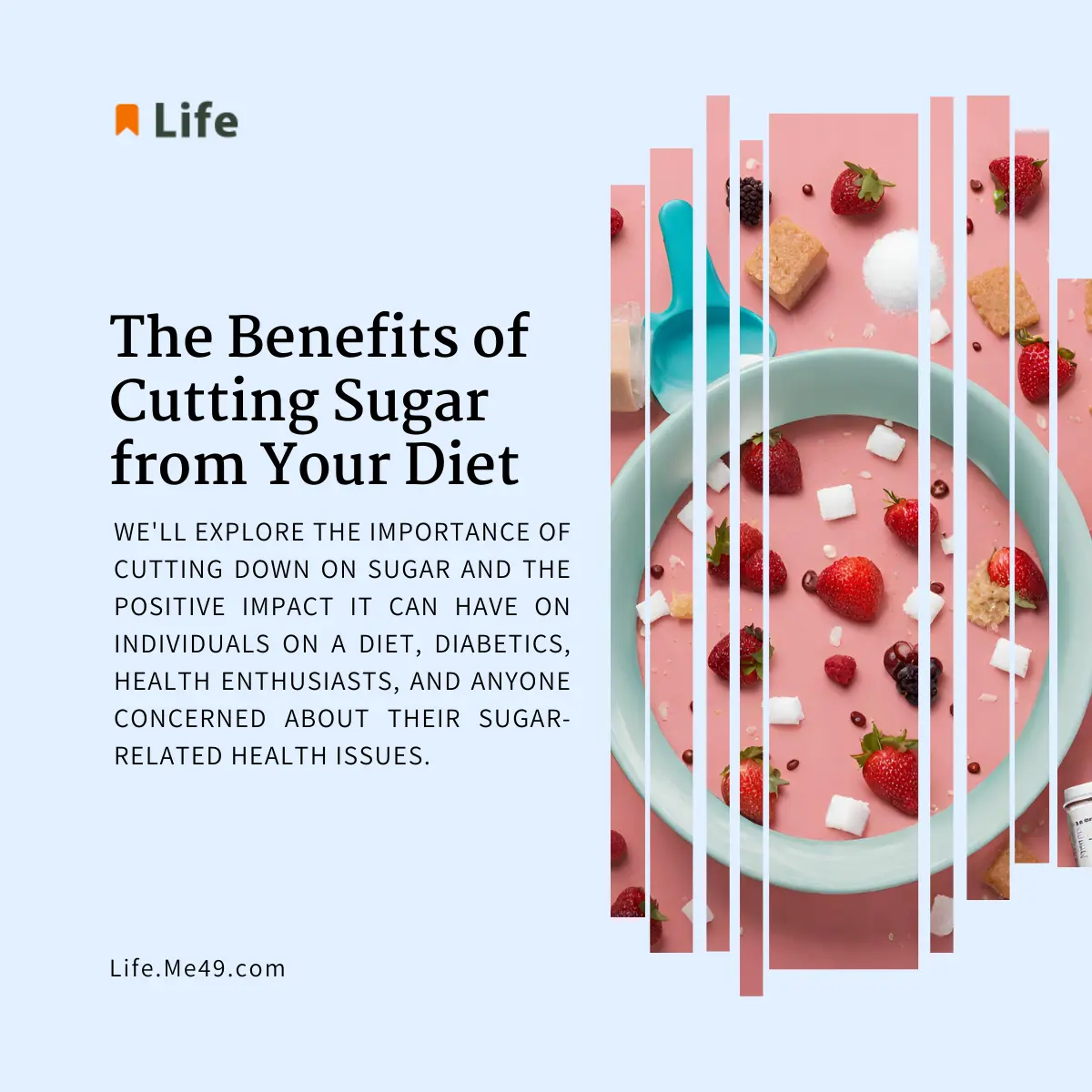What is Stevia?
In the realm of natural sweeteners, stevia stands as a remarkable contender.
This small green leafed plant has garnered immense attention for its potential as a sugar substitute, offering a sweet taste without the calorie count.
But what is stevia exactly, and how does it fit into your dietary choices?
In this comprehensive guide, we will delve deep into the world of stevia, exploring its origins, various forms, benefits, and potential concerns.
By the end of this article, you’ll have a clear understanding of what stevia is and how it can revolutionize your approach to sweetness.
What Kind of Plant is Stevia?
Stevia (Stevia rebaudiana) is a small, herbaceous plant native to South America, particularly regions of Paraguay and Brazil.
For centuries, indigenous communities in these areas have used the leaves of the stevia plant to sweeten foods and beverages naturally.
The sweetness of stevia is derived from natural compounds called steviol glycosides, which are found in the leaves.
Stevia plants typically grow to about two feet in height and feature green, serrated leaves.
These leaves contain the sweet-tasting glycosides and have a sweetening power that can be up to 300 times that of traditional table sugar (sucrose).
Stevia’s extraordinary sweetness without the caloric content of sugar has made it a compelling option for those looking to reduce their sugar intake.
What is Liquid Stevia?
Liquid stevia is one of the most popular forms of stevia used as a sweetener.
It is created through an extraction process that involves steeping stevia leaves in water and then purifying the resulting liquid.
This liquid concentrate can be used as a sugar substitute in various culinary applications.
Versatile Sweetener
Liquid stevia is versatile and can be easily incorporated into beverages, such as coffee, tea, or smoothies.
It can also be used in baking and cooking, making it an attractive option for those seeking a natural sugar alternative.
Customizable Sweetness
One of the advantages of liquid stevia is its customizable sweetness. You can adjust the amount used to achieve your desired level of sweetness in recipes or drinks.
What is Stevia Powder?
Stevia powder, another popular form of stevia, is created by drying and grinding the leaves of the stevia plant.
This process concentrates the sweetening compounds while reducing the bulk of the plant material, resulting in a fine, white or greenish powder.
Easy Measurement
Stevia powder is easy to measure, making it a convenient option for precise sweetening in recipes.
It is often used as a replacement for sugar in baking, where the granulated texture of sugar is required.
Zero Calories
Stevia powder is renowned for being calorie-free, making it a favored choice for individuals aiming to reduce their caloric intake while satisfying their sweet tooth.
What are the Benefits of Stevia?
Stevia offers a range of benefits that have contributed to its popularity as a sugar substitute:
Calorie Reduction: Stevia is virtually calorie-free, making it an excellent choice for those looking to reduce their calorie intake and manage their weight.
Blood Sugar Control: Unlike sugar, stevia does not significantly affect blood sugar levels, which can be particularly beneficial for individuals with diabetes or those monitoring their glucose.
Dental Health: Stevia does not promote tooth decay, as it lacks the fermentable sugars that feed harmful oral bacteria, reducing the risk of cavities.
Natural Origin: Stevia is a naturally derived sweetener, sourced from the leaves of the stevia plant, making it an appealing option for those seeking natural alternatives to artificial sweeteners.
Versatility: Stevia can be used in a wide range of culinary applications, from sweetening beverages to baking and cooking, providing a versatile option for enhancing flavor without the calories.
What is Stevia Sachet?
Stevia sachets are individual packets or sachets containing a pre-measured amount of stevia sweetener.
They offer convenience and portability, making it easy to add a touch of sweetness to your coffee, tea, or other beverages when you’re on the go.
Portion Control: Stevia sachets provide precise portion control, allowing you to sweeten your drinks or dishes without the guesswork.
Ideal for Travel: If you’re traveling or dining out, carrying stevia sachets in your purse or pocket ensures that you always have a natural sweetener at your fingertips.
What are the Side Effects of Stevia?
While stevia is generally recognized as safe when used in moderation, some individuals may experience side effects:
Bitter Aftertaste
Some people find that stevia has a bitter aftertaste, which can be off-putting. This bitterness varies among different brands and forms of stevia.
Gastrointestinal Discomfort
In rare cases, excessive consumption of stevia may lead to gastrointestinal discomfort, including bloating or diarrhea. However, this is more likely to occur with high intake levels.
Allergic Reactions
Allergic reactions to stevia are rare but possible. If you experience symptoms like itching, swelling, or difficulty breathing after consuming stevia, seek medical attention immediately.
What is Stevia Pill?
Stevia pills or tablets are another convenient way to enjoy the sweetness of stevia without the need for liquid or powder forms.
These pills contain a measured amount of steviol glycosides and are often used to sweeten beverages or foods.
Sugar-Free Sweetening: Stevia pills offer sugar-free sweetening, making them suitable for people with diabetes or those aiming to reduce their sugar intake.
Compact and Portable: Stevia pills are compact and easy to carry, making them an excellent choice for individuals who want a convenient sweetening option while on the move.
How to Use Stevia?
Using stevia as a sweetener is straightforward and versatile:
Beverages: Add liquid stevia, stevia powder, or stevia sachets to your beverages such as coffee, tea, or iced drinks. Start with a small amount and adjust to taste.
Baking: When baking, substitute sugar with stevia powder. Keep in mind that stevia is much sweeter than sugar, so you’ll need less. Follow recipe guidelines for conversions or use recipes specifically designed for stevia.
Cooking: Stevia can be used in cooking to sweeten sauces, dressings, and marinades. Experiment with small amounts to determine the right level of sweetness.
Is Stevia Fattening?
No, stevia is not fattening. In fact, it is often used as a sugar substitute precisely because it is calorie-free.
Stevia provides sweetness without contributing to your daily caloric intake, making it an ideal option for those looking to manage their weight or reduce their calorie consumption.
Is Stevia Carcinogenic?
Extensive research and regulatory agencies, including the U.S. Food and Drug Administration (FDA) and the European Food Safety Authority (EFSA), have reviewed the safety of steviol glycosides (the sweet compounds in stevia).
These agencies have found no convincing evidence to suggest that stevia is carcinogenic when consumed within established acceptable daily intake (ADI) levels.
Does Stevia Have Carbohydrates?
Stevia itself is very low in carbohydrates, making it a suitable choice for individuals following low-carb or ketogenic diets.
The carbohydrates in stevia come from the plant material, which is not typically consumed in large quantities when using stevia as a sweetener.
Therefore, the impact on total carbohydrate intake is minimal.
Does Stevia Have Sugar?
No, stevia does not contain sugar. Stevia is prized for its ability to provide sweetness without the inclusion of sucrose or any other sugars.
It is an excellent option for those seeking to reduce their sugar intake while satisfying their sweet cravings.
How to Remove the Bitterness of Stevia
The bitterness of stevia can be off-putting to some individuals.
Here are some tips to help reduce or eliminate the bitterness:
Choose High-Quality Brands:
Opt for high-quality stevia products, as they often have reduced bitterness compared to lower-quality alternatives.
Experiment with Different Forms:
Liquid stevia may have less bitterness than powdered forms. Experiment with various forms to find one that suits your taste.
Gradual Adjustment:
Start with a small amount of stevia and gradually increase the quantity to allow your taste buds to adapt.
Combine with Other Sweeteners:
Combining stevia with other sweeteners like erythritol or monk fruit can help balance the flavor and reduce bitterness.
In conclusion
stevia is a natural sweetener derived from the leaves of the stevia plant.
It comes in various forms, including liquid, powder, and sachets, and offers numerous benefits such as calorie reduction and blood sugar control.
While it may have a slight bitterness for some, choosing high-quality products and experimenting with different forms can help mitigate this effect.
Stevia is a safe and popular choice for those looking to sweeten their foods and beverages naturally while maintaining a calorie-conscious diet.








